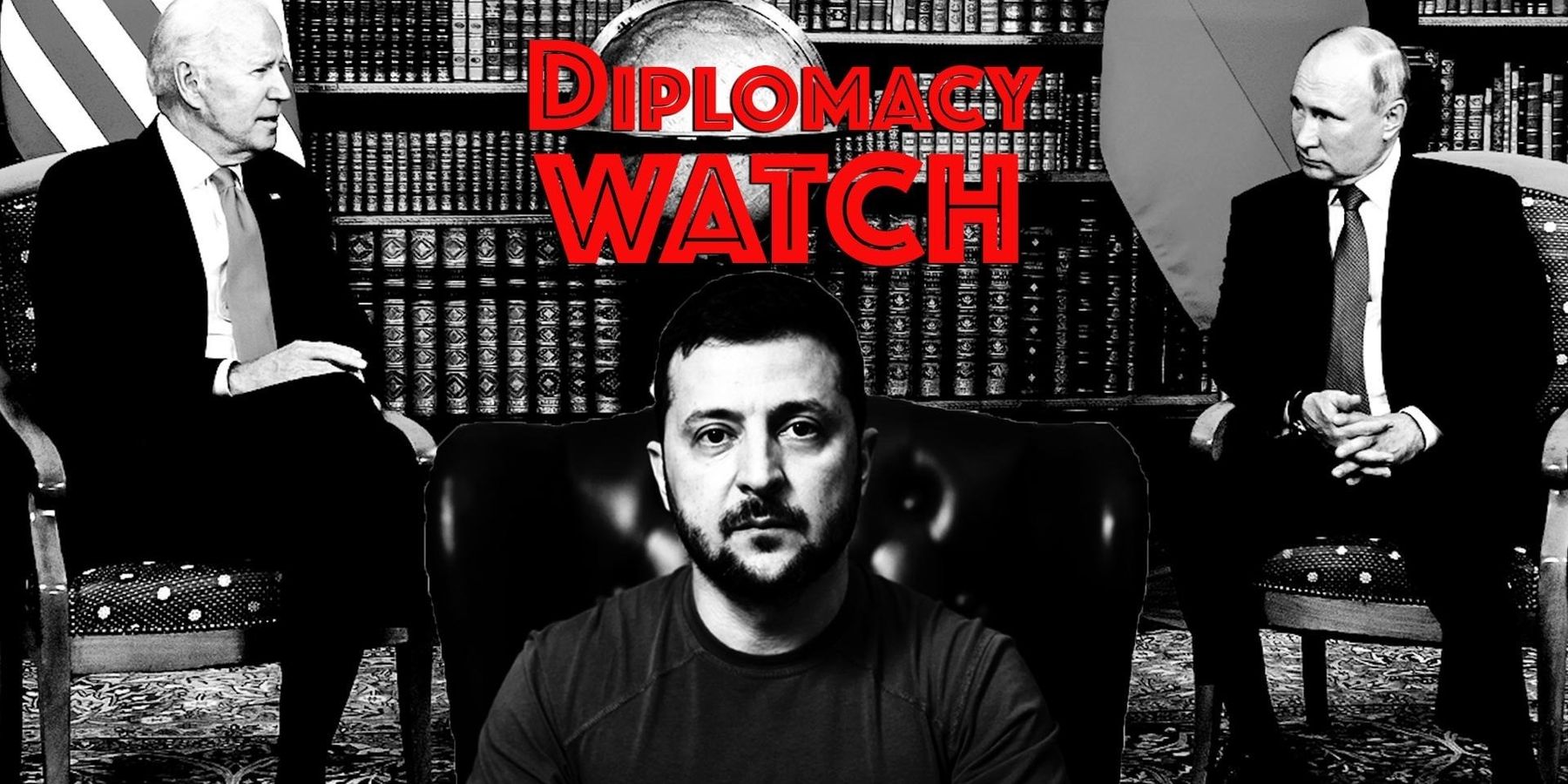The Ukrainian Defense Contract Group (UDCG or Ramstein) meeting in Germany this week has been officially postponed as President Biden bowed out to instead focus on the fallout from Hurricane Milton.
Initially planned for October 12, Ukrainian President Volodomir Zelensky was supposed to share his plans with Western policy makers and defense contractors at the meeting, saying “we will present the victory plan, clear, specific steps for a just end to the war.”
While the Ramstein summit has been postponed, Ukraine’s Western allies seem to be shifting their stances on how the war can, or should end. Former NATO Secretary General Jens Stoltenberg recently indicated that Ukraine may have to give up some territorial integrity in exchange for peace or even NATO membership. Stoltenberg had previously explicitly ruled out any land for peace deals.
Western allies may be coming to a decision point on how they will move forward with the Ukraine-Russian war. Zelensky is regularly meeting with NATO allies, and said they are consistently affirming support, but still refusing to cross certain lines. For example, UK Prime Minister Kier Starmer reaffirmed the United Kingdom’s support for Ukraine after a meeting with the Ukrainian president on Thursday.
But when asked about allowing Ukraine to use British-made long range missiles deep into Russian territory, a spokesperson said, “We obviously want to put Ukraine in the strongest position. But no war has ever been won by a single weapon. And on Storm Shadow specifically, there has been no change to the UK government’s position on the use of long-range missiles.”
Further weapons packages and NATO assurances were likely to be approved at the Ramstein meeting, according to U.N. Secretary General Mark Rutte. ”What we need to do is to focus on what NATO can do,” he said. “What NATO can do is help to strengthen Ukraine's hands by providing enough military support. That's why I'm so happy that next Saturday we will participate in the Ramstein meeting.” Additional weapons packages were guaranteed at the previous meeting in 2023.
The postponement of this important confab is surely disappointing for Zelensky as it is preceded by Russian successes on the battlefield and a shift in opinion amongst Ukrainian soldiers and civilians around the war. Vice President Kamala Harris also recently refused to say if she would support a Ukrainian ascension into NATO if elected. Additionally, fiscal realities in Europe are shifting German and French support for Kyiv.
In other Ukraine are new this week:
On Tuesday Hungarian Prime Minister Viktor Orban said that Ukraine is not able to beat Russia on the battlefield and called for a ceasefire. Reuters reports that Hungary has also decided to place a hold on a pending $50 billion G7 loan to Ukraine until after the American election. “We don't want to block anything, we just want to convince European leaders to change their strategy (on Ukraine) because the current strategy does not work,” Orban said.
Ukraine claims to have hit a North Korean weapons cache in Russia. On Wednesday Al Jazeera reported that a Ukrainian spokesperson announced that a drone attack in Bryansk successfully destroyed this strategic weapons cache. The Ukrainian General Staff said, “the arsenal stored ammunition for missile and artillery systems, including those delivered from North Korea, as well as glide bombs.” This comes as North Korean engineers and officers are reported to be assisting Russia in the conflict.
Russia continues to make territorial gains. Last week it captured Vuhledar in Ukraine's southeast, and this week Russian troops have now entered Toretsk, a city about 50 miles north, according to the New York Times. A Ukrainian Army spokeswoman, Anastasia Bobovnikova, confirmed late Monday that Russia had entered the city.
In this week’s October 7th State department briefing:
State Department Spokesperson Matthew Miller was asked about Moscow’s recent sentencing of an American citizen to prison for allegedly fighting as a mercenary in Ukraine. Miller said the United States has limited information as of now, and urges Moscow to grant consular access to him for Washington.
Miller did not answer a question concerning the report that North Koreans were killed fighting for Russia.
















